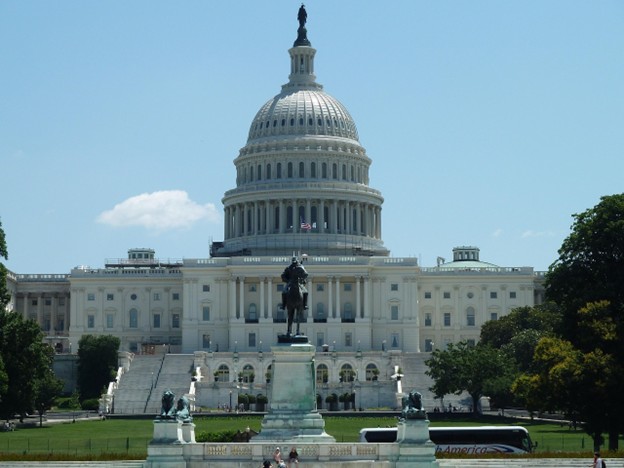Senator Mike Lee (R-UT) has introduced to the Senate the Restraining Judicial Insurrectionists Act of 2025, which establishes a three-judge panel to swiftly review injunctions or declaratory relief against the President of the United States and the Executive Branch, with quick appeal to the Supreme Court. This legislation comes in the wake of several decisions by district court judges usurping the role of the Chief Executive from President Donald Trump and attempting to thwart the will of the American people who elected him.
According to a release from Senator Lee, The bill would stop blanket injunctions from sabotaging President Trump’s legitimate constitutional authority as Commander in Chief
“America’s government cannot function if the legitimate orders of our Commander in Chief can be overridden at the whim of a single district court judge,” said Senator Lee. “They have presumed to run the military, the civil service, foreign aid, and HR departments across the Executive Branch—blatantly unconstitutional overreach. This legislation will create a judicial panel to expedite Supreme Court review of these blanket injunctions, preventing unelected radicals in robes from sabotaging the separation of powers.”
The bill amends 28 USC 2284 to state that any action commenced against the executive seeking injunctive or declaratory relief against the Executive will go to a three-judge district court.
Next, it requires that upon filing any covered action, the district judge who received the complaint and/or motion for preliminary injunction will refer the matter to the Chief Justice. The Chief Justice will then be required to select three judges in active service to preside over the case.
Additionally, the bill requires that a majority of the judges must agree to issue any form of relief, preliminary or permanent.
Finally, because this is a three-judge district court, all orders are directly appealable to the Supreme Court without discretion—so they must take up the case.
A companion bill, The “H. Rept. 119-40 – NO ROGUE RULINGS ACT OF 2025.” Has been introduced in the House of Representatives. Similar to Senator Lee’s proposed legislation, The Rogue Rulings measure states that “no United States district court shall issue any order providing for injunctive relief, except in the case of such an order that is applicable only to limit the actions of a party to the case before such district court with respect to the party seeking injunctive relief from such district court and non-parties represented by such a party acting in a representative capacity pursuant to the Federal Rules of Civil Procedure.
It also states that “If a case is brought by two or more States located in different circuits challenging an action by the executive branch, that case shall be referred to a three-judge panel selected pursuant to section 2284, except that the selection of judges shall be random, and not by the chief judge of the circuit. The three-judge panel may issue an injunction that would otherwise be prohibited … and shall consider the interest of justice, the risk of irreparable harm to non-parties, and the preservation of the constitutional separation of powers in determining whether to issue such an order…An appeal of an order granting or denying injunctive relief pursuant to subsection (b) may lie to the circuit embracing the district or to the Supreme Court, at the preference of the party.”
While Congress cannot regulate the activities of the United States Supreme Court, which is a co-equal branch, it does have the power to direct the jurisdiction of lower federal courts. As noted by Justia district courts “subject to “exceptions and regulations” prescribed by Congress, and the jurisdiction of the inferior federal courts is subject to congressional prescription. Additionally, Congress has power to regulate modes and practices of proceeding on the part of the inferior federal courts. Whether there are limitations to the exercise of these congressional powers, and what the limitations may be, are matters that have vexed scholarly and judicial interpretation over the years, inasmuch as congressional displeasure with judicial decisions has sometimes led to successful efforts to “curb” the courts and more frequently to proposed but unsuccessful curbs. Supreme Court holdings establish clearly the breadth of congressional power, and numerous dicta assert an even broader power, but that Congress may through the exercise of its powers vitiate and overturn constitutional decisions and restrain the exercise of constitutional rights is an assertion often made but not sustained by any decision of the Court.
